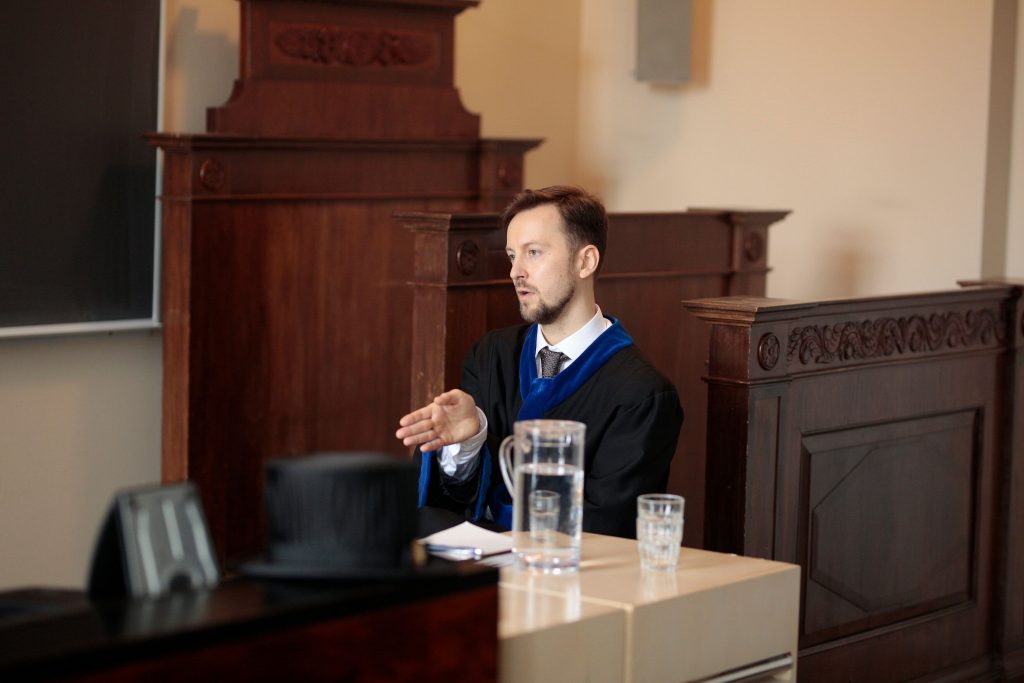Date: 30th January, 2020, at 13:15 – 17:30,
Venue: Suomen Laki Hall, Porthania (1 st floor), University of Helsinki (address: Yliopistonkatu 3)
Academy Professor Anne Haila (1953–2019) was the first professor of Urban Studies in Finland. She was an internationally renowned scholar and a leading thinker in her field. Her work on land, rent, real estate and housing issues spanned decades. Anne was widely regarded as the land rent theorist par excellence. Her book Urban Land Rent is a piercing analysis of the role of property and land rent in urbanization and has become an instant classic in Urban Studies. Unexpectedly, Professor Haila passed away on September 21st 2019, bringing her ascending career to a close all too early.
To commemorate Anne’s ground-breaking academic oeuvre, we are proud to announce the first annual Alternatives symposium, to be held on 30th January 2020.
Anne’s legacy resides on the pages of her publications that continue to inspire scholars from all around the world, reaping citations and yielding research ideas towards the critical understanding of how our urbanized world works. Moreover, Anne’s memory lives in the minds of the hundreds of students she taught throughout her career. She also left as a legacy a dynamic collective of urban scholars called The Helsinki School of Critical Urban Studies. We are an international group of urban scholars based at the University of Helsinki, inspired by the critical turn in urban scholarship. Many of us continue to conduct our research in Anne Haila’s Academy Professorship project Alternatives to Private Land Tenure (or simply “Alternatives”).
The inaugural Alternatives Symposium hosts three lectures by invited international, leading urban scholars whose work is centered on exploring land, rent, real estate, financialization, housing and homelessness and tie in with the pursuits of the Alternatives project.
SPEAKERS:
Professor Brett Christophers, Uppsala University: “After ‘The New Enclosure’”
In this talk I will use Anne Haila’s work and thinking as a prism through which to discuss my recent book on the mass privatization of land in Britain, ‘The New Enclosure’. This privatization has contributed to turning Britain into a rentier-capitalist nation, one increasingly scarred by social dislocations directly attributable to that privatization. Anne’s primary question about the current conjuncture in Britain would, I think, have been: What alternatives to dominant commodified forms of land ownership and use exist, and should be politically pursued? This is the question I want to reflect on in the talk.
Professor Don Mitchell, Uppsala University: “Mean Streets Metastasized: Rent, Real Estate, and Homelessness after the Urban Revolution”
A reconceptualization of abstract space and understanding it through key themes vital in Anne Haila’s work – rent and real estate – will allow us to understand homelessness in new ways: not as a condition of individuals (as dominant ideology understands it), and not (merely) as a condition of houselessness (as much critical theory understands it), but a pre-condition of capital accumulation in the urban age.
Professor Mi Shih, Rutgers University: ”Value Capture by Land Financialization: Planning Police Power, Private Property Ownership, and Speculative Urbanism in Taiwan”
Land value capture is often lauded as planners’ clever leverage of market forces to return private gains to the public. Implicit in the normative argument for value capture is the perception that the real estate market is a sphere separate from planning, which holds a mandate and the expertise to rein in the former’s profit-driven motives. In this talk, I challenge this apolitical thinking of value capture. I do so by situating Taiwan’s “zonal expropriation” (quduan zhengshou), a variant of land readjustment used in Europe and Asia, in the institutionalization of land financialization. I argue that land value capture is largely predicated on a symbiotic relationship between the local government and the real estate market. There is nothing inherently public in value capture.
Program
| 13:15-13:25 | Opening words |
| 13:25-14:30 | Mi Shih (Rutgers University): Value Capture by Land Financialization: Planning Police Power, Private Property Ownership, and Speculative Urbanism in Taiwan |
| 14:30-15:30 | Brett Christophers (Uppsala University): After ‘The New Enclosure’ |
| 15:30-16:00 | Coffee break |
| 16:00-17:00 | Don Mitchell (Uppsala University): Mean Streets Metastasized: Rent, Real Estate, and Homelessness after the Urban Revolution |
| 17:00-17:30 | Closing words and general discussion |
https://blogs.helsinki.fi/
https://www.facebook.com/
___
On behalf of the Helsinki School of Critical Urban Studies,
Franklin Obeng-Odoom
Jani Vuolteenaho
Mika Hyötyläinen
Remembering Anne:
https://journal.fi/
https://blogs.helsinki.fi/
http://www.rc21.org/en/
http://blogs.sciences-po.fr/

